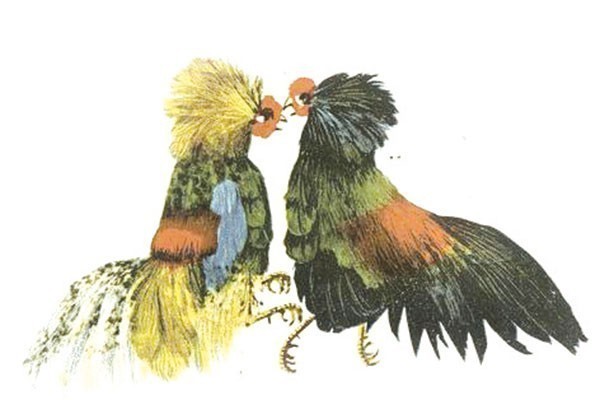The Otago University Debating Society meets every Tuesday at 6pm for social debating—new members are always welcome! Join our Facebook group for more information
Affirmative, by The Dread Pirate Roberts
The University of Otago recently announced it would be building a new animal research lab costing $50m. There are those who object out of concern for the animals, but they fail to appreciate the innumerable benefits human society gets from animal research.
Morality is a radically human capacity, stemming from our ability to consciously and voluntarily co-operate with each other, using language, to reach shared goals. Animals crucially lack this feature. To talk of animals as if they were participants in moral systems is therefore absurd.
But in saying that, it’s still obvious that we shouldn’t be going around killing and torturing animals at random for its own sake. And in the animal lab we won’t be. All uses of animals in the new lab will be tied directly to the goal of improving human health and well-being while ensuring the maximum welfare for the animals involved.
Health consumers will benefit from the lab. The other side will say that animal research is fundamentally flawed, because mice aren’t humans. But saying that fails to acknowledge the advances made with animal experimentation. Treatments for cancer, heart disease, and diabetes have been discovered and improved using animal research, and there’s no reason to think that won’t continue. New and improved treatments mean cheaper and more effective healthcare for everyone, including those who object to animal research.
The University also benefits from a long term investment in high quality animal research. Better facilities help to create better science. The University will be able to compete with other larger and better funded research centres around the world. Further, with a growing shift of students from the humanities to sciences, the demand for animals in teaching and research is going to go up. The University needs to make sure it keeps up with demand.
Negative, by Gandalf the Grey
The new animal lab isn’t being built because animal research is particularly useful; it’s not being built to improve the lives of research animals. It’s being built so that some post-graduate science majors can get their PhDs. There’s nothing noble about it. At least, so far as we know; the University hasn’t exactly been transparent about the project.
When asking ourselves to whom we owe moral duties, the important question is not whether they can reason, or talk, but whether they can suffer. It doesn’t take an animal researcher to figure out that animals can and do in fact suffer, and will continue to suffer in the new lab.
Because we don’t know what will take place in the animal lab, we can’t know what it will be like to be an animal used in it, but it will likely involve high invasive non-necessary surgical procedures, application of chemical compounds to animal’s skin and eyes, genetic manipulation, the intentional infliction of disease, and ultimately death when the animal is no longer ‘useful’.
The investment in the animal lab is bad for users of health services. Mice aren’t humans. Nor are cats and dogs. Their biology is different and this means that data from animal research is fundamentally flawed. In the '50s, Thalidomide was thought to be safe after extensive testing on animals, but when used in humans caused thousands of severe birth defects.
The alternative is using voluntary human subjects and human tissues to test on. Though fewer subjects will be available, the data collected is much more relevant than the mountains of data collected in misguided animal research.
Finally, the lab is an unwise investment for the University. Public distaste for animal use is growing and not showing any signs of slowing down, particularly among young people, which means students. More students doing science degrees will simply refuse to participate in lessons which involve animals. Demand for the laboratory will drop too. Fewer graduate students will conduct animal research.
In short, the University will have built a facility that very few people will want to use, with money it could have invested in alternative research facilities with more promising prospects.







